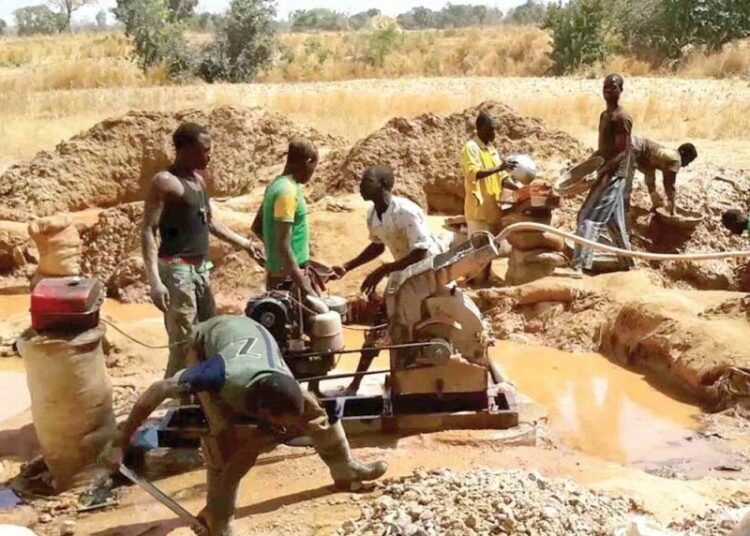A rights and accountability organisation, Global Rights, is set to convene a crucial gathering of stakeholders at the 5th edition of the West Africa Mining Host Communities Indaba, scheduled for September 24–26 in Abuja. Discussions will focus on advancing the rights of mining host communities across the region.
This year’s Indaba, scheduled for September 24-26 in Abuja, has the theme “Contextualising Green Mining Within Free, Prior, and Informed Consent (FPIC)”.
A statement from the host, Global Rights, states that though the West African region is rich in critical minerals such as gold, lithium, cobalt, bauxite, and uranium, which are in high demand due to the race toward clean energy, the lived realities of host communities tell a different story as they are subjected to environmental degradation, displacement, insecurity, and social unrest.
“Mining has too often resulted in environmental degradation, exacerbated climate change, deepened inequity, displaced indigenous communities, and aggravated social unrest,” the organisers note, adding that despite the potential of mining to drive socioeconomic development, these communities remain largely disenfranchised from the decisions that affect their lives and livelihoods.”
It further noted that the stark reality of mining across the subregion includes environmental destruction, gender-based violence, child labour, and cultural erasure through forced displacements.
The Indaba seeks to reverse this trend by empowering communities to advocate for rights-based, human-centered extractive governance, anchored on principles like Free, Prior, and Informed Consent (FPIC)—a protection enshrined in the ECOWAS Directive on Mining but often ignored in practice.
It went on: “Global Rights’ Indaba is more than a conference; it is a strategic platform to reshape the power dynamics of mining governance. Through collective advocacy, the Indaba empowers communities to set their own development agendas, informed by human rights, environmental justice, and cultural preservation.”
A mining host community leader from Ghana, reflecting on the significance of the gathering, said: “The Indaba is our way of saying we will no longer be silent. Our communities have the right not only to survive, but to thrive.”
The event will bring together a diverse group of stakeholders, including mining host community representatives, traditional leaders, civil society organisations, policymakers, regulatory agencies, and miners’ associations from across the region. Together, they will chart a course prioritising environmental sustainability, social equity, and community well-being.
Global Rights said the organisation focuses on positioning mining host communities at the centre of mining reform.
“The goal is to build a powerful, informed, and united movement of West African mining host communities — a movement that can no longer be ignored,” it stated, adding that by facilitating meaningful engagements and equipping communities with the knowledge of their rights and legal frameworks, the narrative is shifting from exploitation to empowerment.
It contends that as the global demand for minerals intensifies, the 2025 Indaba is critical.
“Without urgent reform, the ‘green’ energy transition could become another wave of exploitation for mining host communities. But with platforms like the Indaba, communities now have an opportunity to reclaim their power and shape their future,” it concluded.





